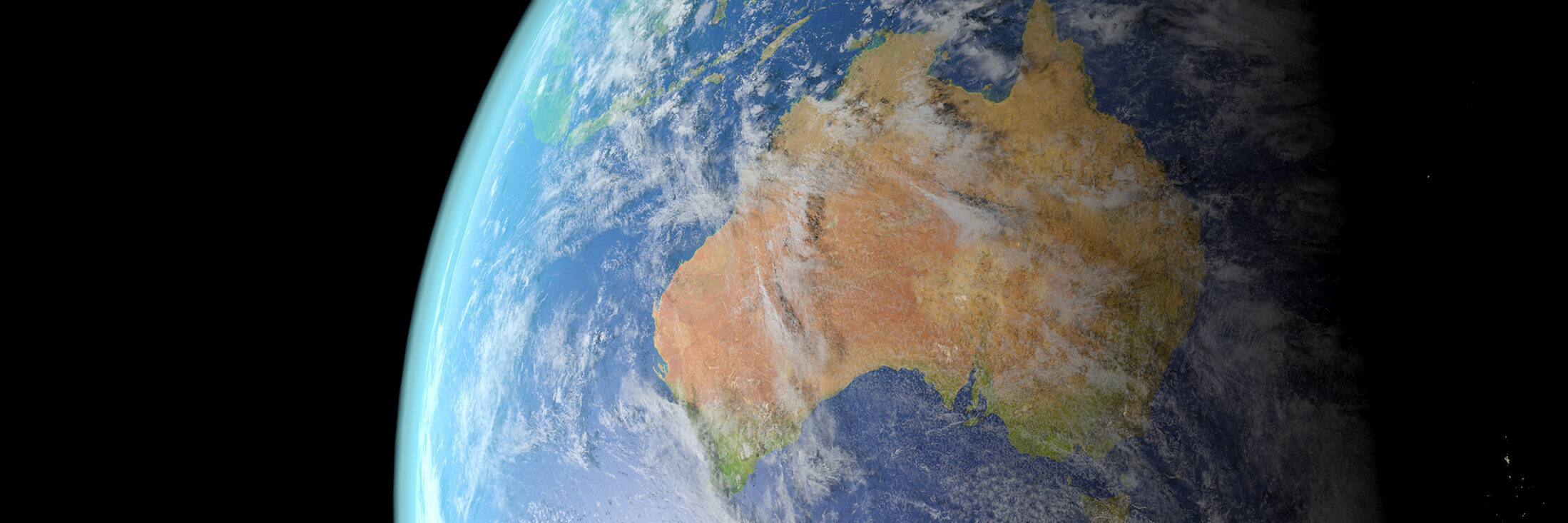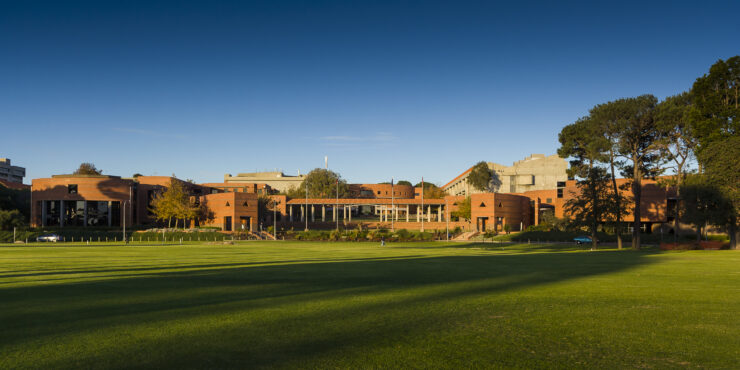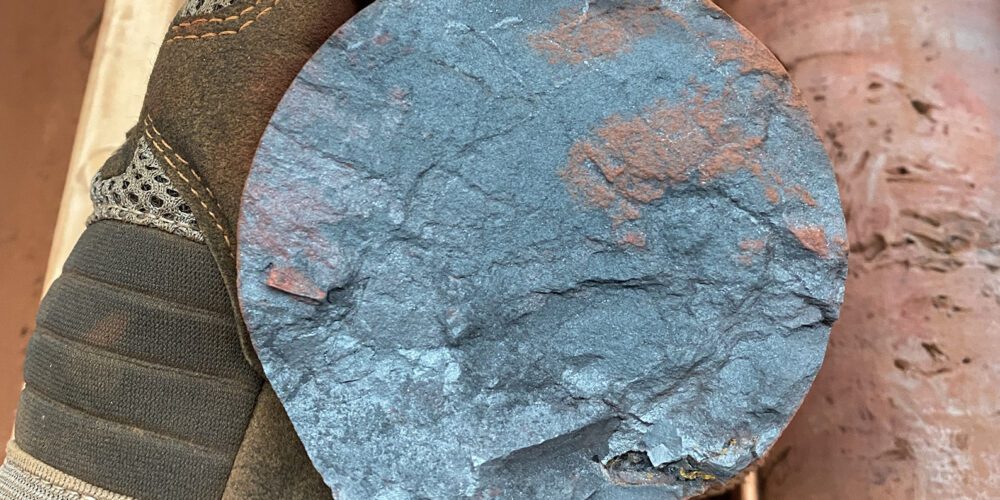Curtin’s National Resilience and Security Program Office connects industry and government with Curtin’s research capabilities that support Australia’s national resilience and security.
Curtin’s partners in this area include Austal, the Australian Department of Defence, BAE Systems, NOVA Systems, CyberCX, Lockheed Martin, ASC and the Australian Submarine Agency. We have also joined forces with the University of Adelaide, University of New South Wales, Babcock and HII, as part of the AUKUS Workforce Alliance.
Our strengths
Human performance
At the Future of Work Institute based at Curtin, the ‘Work Systems Design’ core research program focuses on human endurance, system configurations, and training in the operating environments of defence. The program supports the performance and the wellbeing of employees working in complex and dynamic work settings that integrate human-related social systems and non-human technical systems.
Reflecting our capabilities in these areas, Curtin is one of seven universities in Australia in the Human Performance Research network of the Defence Science Technology Group (DSTG) and the Australian Army. The network collates research expertise to enhance physical and cognitive performance of defence personnel.
Our research topics include fatigue, hydration, vibration, mental performance, respiratory effects, confined spaces and resilience (individual and team) – which will inform the Australian Defence Force’s training to deliver better team outcomes.
Learn more:
Defence and strategic studies
Led by renowned analyst Associate Professor Alexey Muraviev, Curtin has particular expertise in Australia’s strategy and defence, mechanisms of statecraft, major power rivalry, regional maritime security, and the complex ethical dilemmas facing organisations and decision-makers.
Our researchers explore the evolving international threat environment, defence modernisation and emerging military systems, military ethics, Australian security and defence policy, cyber power, intelligence and grey-zone conflict.
Learn more:
Asset, system optimisation & maintenance
Curtin research supports the Australian Defence Force in areas such as corrosion science, data modelling, hydrodynamics, remote sensing and satellite systems, subsea engineering and transport logistics.
At the Curtin Corrosion Centre, for example, researchers investigate microbiologically induced corrosion that may affect defence vessels and other assets.
Curtin’s research on blast and impact engineering has delivered insights into the design of buildings that are resistant to terrorist attacks, and into the relevance to building construction, emergency response and field operations.
Learn more:
Situational awareness
Several research teams are working in the areas of radar and radio, magnetic and infrared remote sensing, satellite technology, orbital object tracking and aerospace engineering. These include teams in the Curtin Institute for Radio Astronomy, Remote Sensing and Satellite Research Group and Space Science Technology Centre.
In partnership with Lockheed Martin and DSTG, we’re developing automated submarine decision support systems. Our Centre for Marine Science and Technology is also working on DSTG projects involving sonar array performance, sound propagation and new models for submerged sound.
Importantly, Curtin is also a core partner in the SmartSat CRC – a consortium of research organisations and industry partners developing new technologies in telecommunications and IoT connectivity, satellite systems and Earth observation.
Learn more:
Key people

Mr Gary Hale
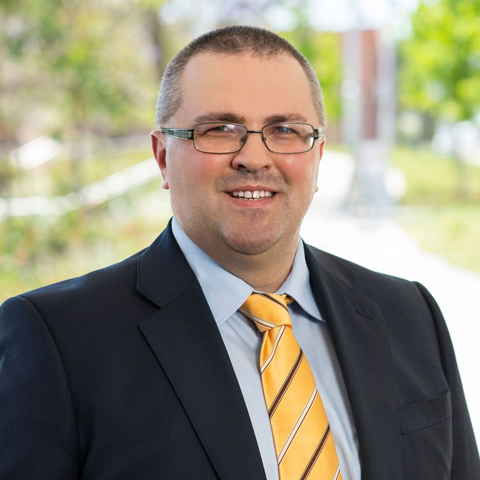
Associate Professor Alexey Muraviev
DISCIPLINES
Defence studies, International relations, Military history, Russian and eurasian studies, Security studies, Strategic studies.
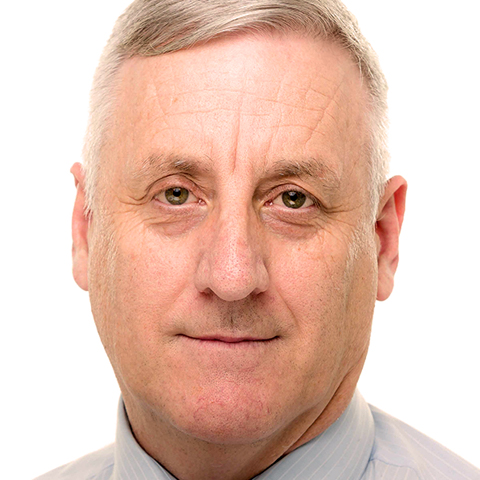
Professor Mark Griffin
DISCIPLINES
Future of work, Leadership, Multivariate statistics, Organisational Change, Organisational safety, Work performance.
